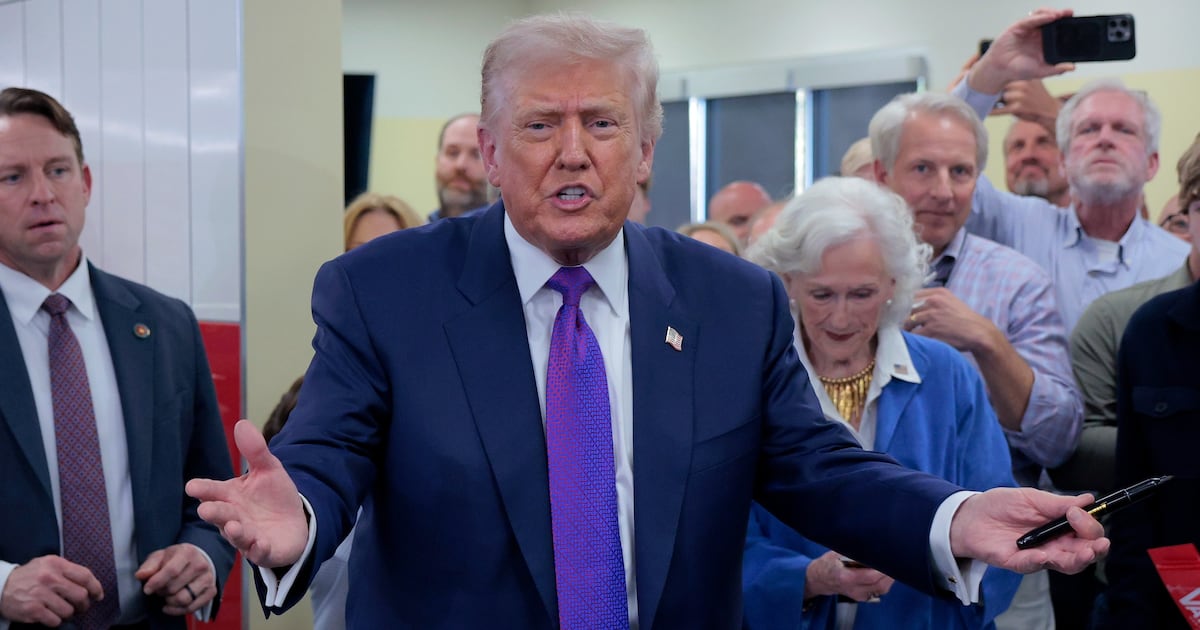Screenings of the controversial Winnie-the-Pooh horror film have been canceled in Hong Kong sparking speculation that the movie may have been pulled by censors annoyed by comparisons made between the bulbous bear and Chinese leader Xi Jinping.
Winnie-the-Pooh: Blood and Honey—which sees the loveable children’s character reimagined into a blood-thirsty, serial-killing monster—was set to be shown in movie theaters in the semi-autonomous Chinese territory on Thursday. But Moviematic, which had organized a pre-release showing this week, announced on its social media accounts that the screening had been canceled for “technical reasons.”
VII Pillars, the movie’s local distributor, on Tuesday similarly announced that the release would not go ahead, but did not explain why. The Daily Beast has contacted the company for comment.
The mysterious shutdown has fuelled speculation that the film may be the latest target of Beijing censors who might be unhappy about the role the bear has played in poking fun at Xi Jinping. Memes started cropping up online comparing the Chinese leader and Barack Obama to A.A. Milne’s characters after Xi visited the U.S. in 2013.
Since then, the honey-loving bear has also been taken up as a symbol of dissent against the Chinese government. Pro-democracy protesters have worn Pooh masks during demonstrations and activists opposed to Chinese lockdowns held up drawings of the bear last year.
A.A. Milne’s characters have also been directly subject to Chinese censorship in the past. In 2018, the live action movie Christopher Robin was banned in China over concerns that Pooh would appear in the film, according to the Hollywood Reporter. Authorities have also been accused of removing images from social media likening the bear to Xi.
The crackdown on anything which could cause embarrassment to Beijing has come as part of censorship rules imposed on Hong Kong since China decreed a national security law in 2020 in the wake of massive anti-government protests. The law was nominally designed to prevent “secession,” “terrorism,” and “colluding with foreign forces,” but in practice has been used to quell any political opposition to China in Hong Kong.
Authorities were further emboldened in 2021 when a specific movie censorship law was passed. The rules were again forced through under the auspices of safeguarding “national security,” granting power to revoke film licenses if officials deemed a movie “to be contrary to national security interests.”
Hong Kong’s international film festival dropped two films from its schedule last year after the local government refused to allow screenings to go ahead, Al Jazeera reports. One short film was pulled over a scene lasting less than a second because it showed a 2014 Umbrella Movement protest site, according to the Hong Kong Free Press, with the Office for Film, Newspaper and Article Administration ordering producers to delete the momentary images because they had “reconstructed the illegal occupation movement.”






